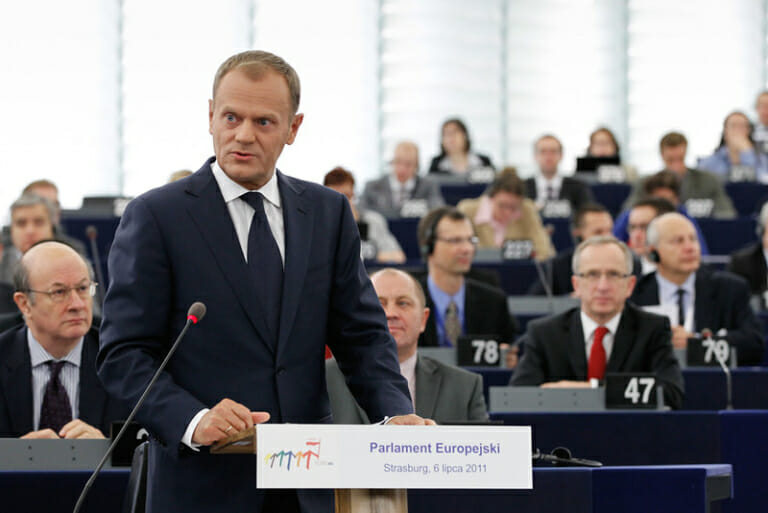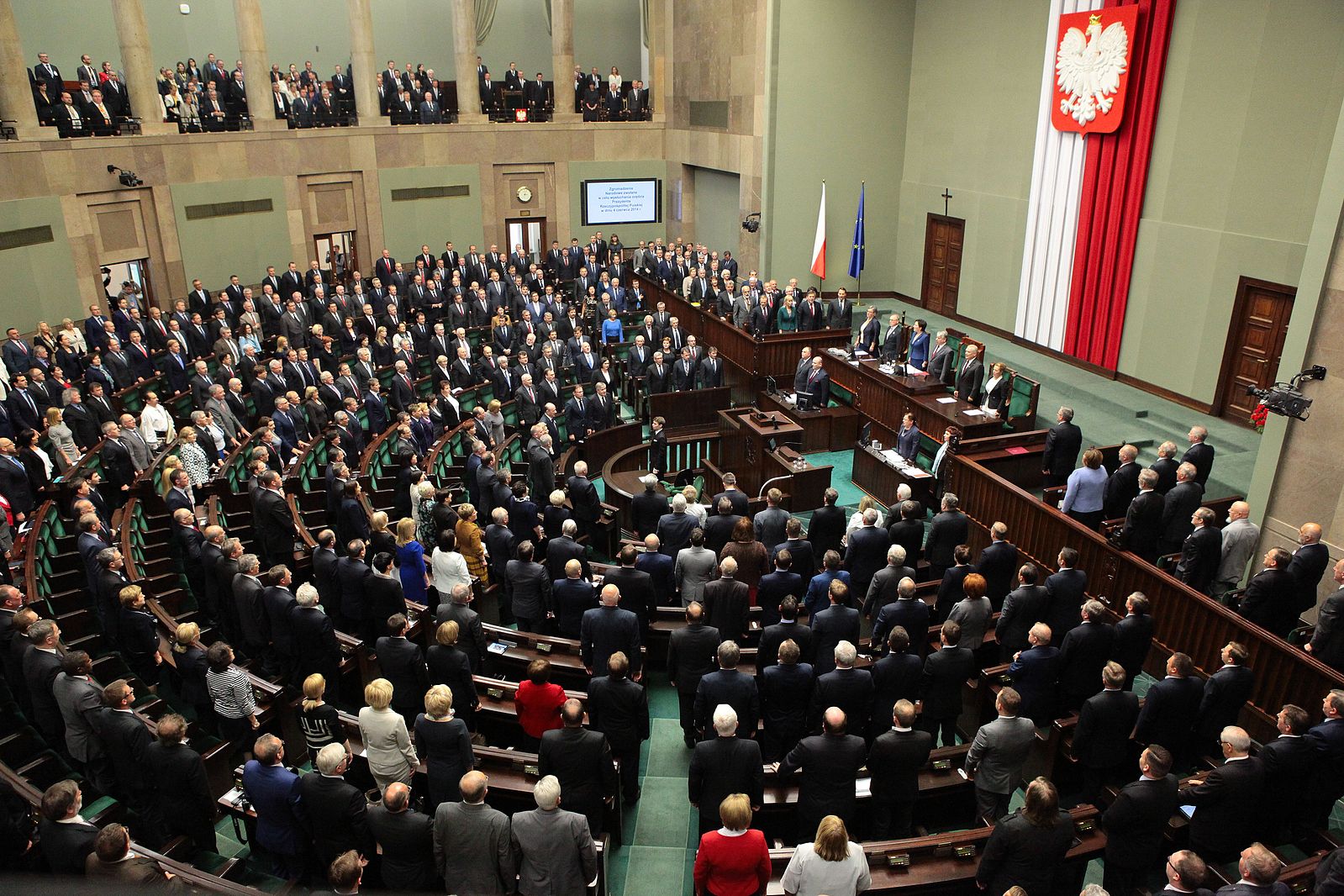This Wednesday, amid cries of “Treason!” and “Fraud!” a bill passed through the Polish lower house by 228 votes to 216. The chaotic night in the house was compounded by protests outside in Warsaw and in 80 other Polish towns.
The bill in question has been widely condemned as an attack on the democratic principles of free speech and the freedom of the media. More specifically it targets the American-owned news station TVN, by proposing to only grant licenses to companies not majority-owned outside the European Economic Area.
TVN is the most popular independent news outlet in Poland. Often critical of the government, it is one of the country’s most-watched channels.
Discovery, the media group with the majority stake in TVN, has described the bill as “an attack on core democratic principles of freedom of speech [and] the independence of the media.” Meanwhile, in a bipartisan statement released from the Senate last week, the U.S warned about the negative implications of passing the bill “for defense, business and trade relations,” urging the Polish government to “pause before acting on any measure that would impact [their] longstanding relationship.”
Criticism has been hard for the ruling Law and Justice party (PiS) to control in recent months, as a series of political disasters have placed its United Right coalition under threat.

There has been widespread opposition to the “Poland Deal,” the PiS’s plan for re-election. The deal is a tax-package which subsidises increased spending by increasing taxes on the self-employed.
Internal opposition reached a flash-point on Tuesday, when prime minister Mateusz Morawiecki fired his deputy Jarosław Gowin. Gowin is also the leader of Accord, a small party that is a member of the coalition. The withdrawal of his support has cost the PiS it’s majority.
This means the PiS’s legislative power is diminished. As the bill returns to the lower house later this year, the PiS may not be able to summon the votes to make it law.
Related Articles: Europe’s Disputes with Hungary and Poland: A Summer Pause? | The collapse of Democracy in Poland: What it Means for Europe
This is the latest in a series of political disasters facing the PiS.
The party is also in conflict with the EU. The United Right’s reform of the judicial system has been judged to violate EU law by the EU’s Court of Justice. In response, a tribunal in Poland ruled that the EU court has no authority to impose measures affecting the judiciary in Poland.
If the PiS plans to implement its spending plans, it will need to find a resolution to this impasse: currently, Poland has not been granted the European Commission’s approval for its pandemic recovery program – worth about €24 billion in EU grants and €34 billion in loans. Missing out on this would not work for the PiS’s proposed Poland Deal.

Beyond this, a 60% pay-rise for MPs has met 84% opposition in polls. A powerful member of the coalition has faced serious allegations of corruption by a watchdog led by a former party loyalist. And, the party’s worst nightmare, a strong opposition politician capable of uniting opposition parties has re-entered Polish politics.
The politician in question is Donald Tusk, who came back to Poland in July to head the Civic Platform party after seven years as the president of the European Council. He has wasted no time in capitalising on the United Right’s woes. His party has jumped from third to second in polls since his arrival.
“The evil that PiS is performing is evident, shameless and permanent. It’s happening every day, in almost every matter,” Tusk has said, as he accused the government of corruption, undue clashes with the EU, restriction of women’s rights, climate change denial, and mismanagement of the pandemic.
Większość sejmowa, klejona błotem korupcji i szantażu, rozkłada się na naszych oczach. Może jeszcze jakiś czas trwać, ale nie jest już w stanie rządzić.
— Donald Tusk (@donaldtusk) August 11, 2021
Tusk tweeted after the vote: “The parliamentary majority, glued together with the mud of corruption and blackmail, is crumbling before our eyes. It may go on for a while but it is no longer able to govern.”
With increasingly difficult relations with both the EU and America, coalition infighting, internal protests, and a strong opposition politician happily turning all these misfortunes to his advantage, it is not clear how the PiS will successfully deal with this situation.
The chances of a snap election look increasingly high, something the PiS may not be able to avoid unless this political heat dies down. Tusk is unlikely to let this happen.
Editor’s Note: The opinions expressed here by Impakter.com columnists or contributors are their own, not those of Impakter.com. — In the Featured Photo: A National Assembly in the Polish Selm (Lower House). Featured Image Credit: Wikimedia Commons.










